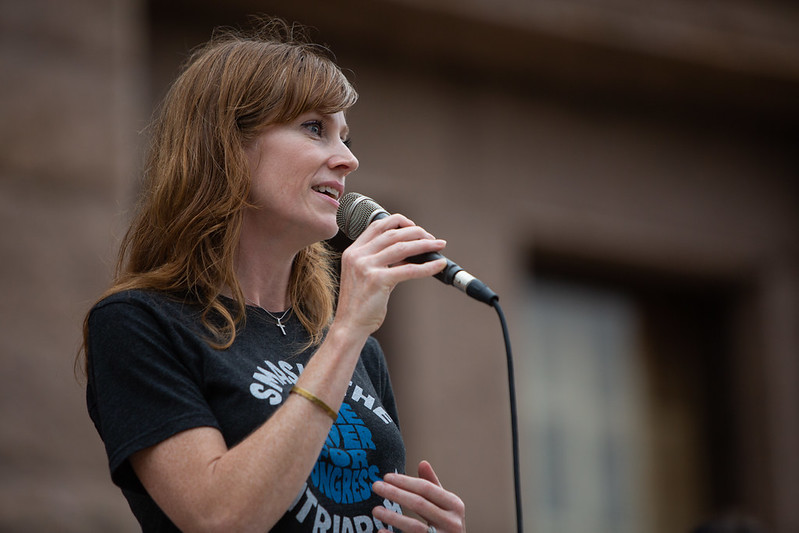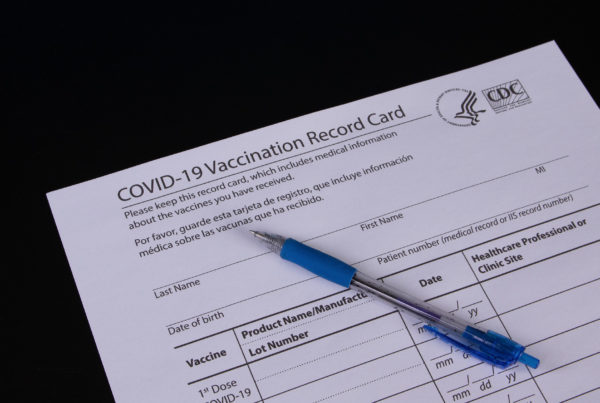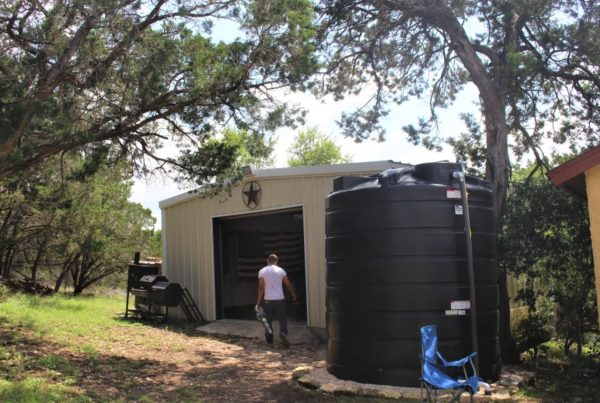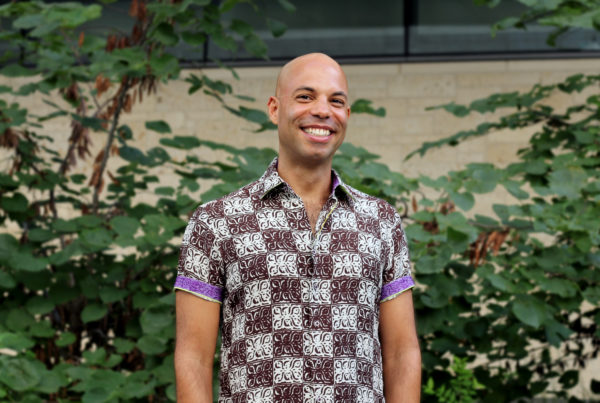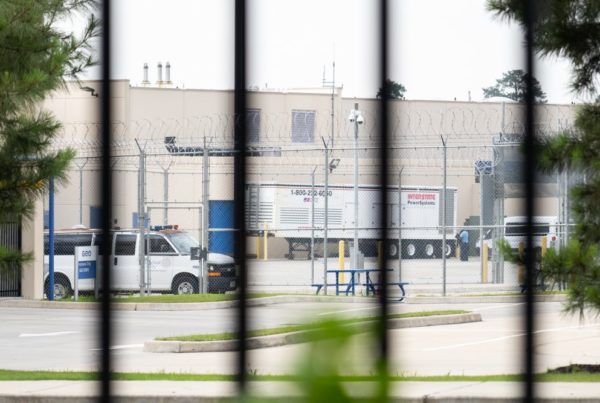Elections are coming up again in 2022, with many of Texas’ top statewide offices up for grabs. To prepare, Democrats are launching various strategies to try and gain power in the Lone Star State.
Two former Central Texas Democratic congressional candidates, Julie Oliver and Mike Siegel, recently announced their “year-round” Democratic organizing effort. They’re calling it Ground Game Texas. And El Paso Democratic Congresswoman Veronica Escobar announced she’s leading a statewide get-out-the-vote effort following the dramatic, but possibly temporary, demise of a contentious voting bill pushed by Republican lawmakers in the Texas Legislature.
But will it work? Republicans hold all the state’s top offices, and the incumbents boast well-stocked campaign bank accounts and a legislative record they’re eager to run on.
Richard D. Pineda is the director of the University of Texas at El Paso’s Sam Donaldson Center for Communication Studies, where his teaching also focuses on politics. Pineda told Texas Standard that Democrats are facing a Texas Republican Party that just completed a successful legislative session, and a governor who is contrasting the Biden’ administration’s policies with his own to garner support. Plus, Democrats haven’t been able to turn voter enthusiasm on their side into electoral victories.
“Remember, there [were] big promises about what would happen in this last presidential election in terms of turning Texas ‘blue,'” Pineda said.
For 2022, Democrats still face the challenge of not having a strong, announced candidate for governor. And redistricting, which the Legislature will tackle this fall, could further weaken the party.
Pineda says the biggest challenge the party faces in Texas is getting Latinos to register and vote for Democrats.
“The surprise result out of the presidential election were voting numbers that changed – I mean, not substantial, or not fire alarm-worthy – but if you look at some of the transition, especially in South Texas and down in the [Rio Grande] Valley, you had Mexican American voters that were pulling for President Trump,” Pineda said. “That was unexpected, and I think that caught Democrats a little bit unaware.”
Democrats do show strength in Texas’ big cities, but it hasn’t been enough to win statewide office in recent years. Pineda says the party doesn’t have much of a strategy for expanding its gains into more suburbs and less-populated areas of the state.
Pineda says there are indications that Democrat Beto O’Rourke may make a run for governor. The former congressman and presidential candidate has been rallying Democrats in his native El Paso, and elsewhere, as part of voter mobilization efforts. But Pineda is skeptical that O’Rourke, who ran and lost against incumbent Ted Cruz for his Senate seat in 2018, can be successful.
“If you can’t beat Ted Cruz, one of the more wildly unpopular figures in Texas politics, how do you mount a challenge against the governor?” Pineda said.
Mobilizing Democrats requires getting voters excited about the party, and about elections, he says. With a hot summer coming up, and many people eager to get outside after a year of pandemic restrictions, getting people’s attention could be yet another challenge for Democrats.


